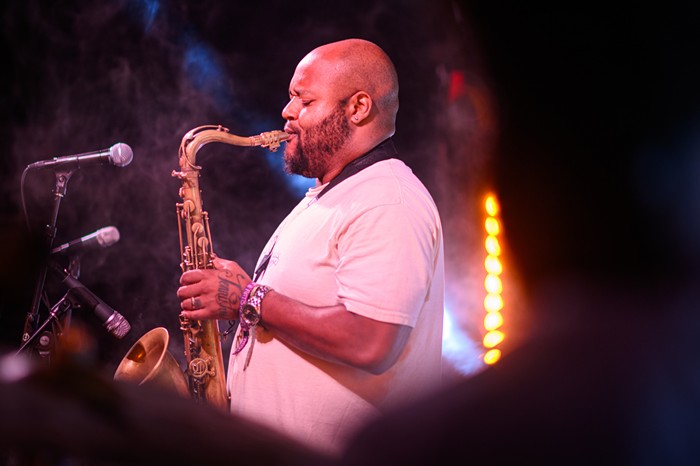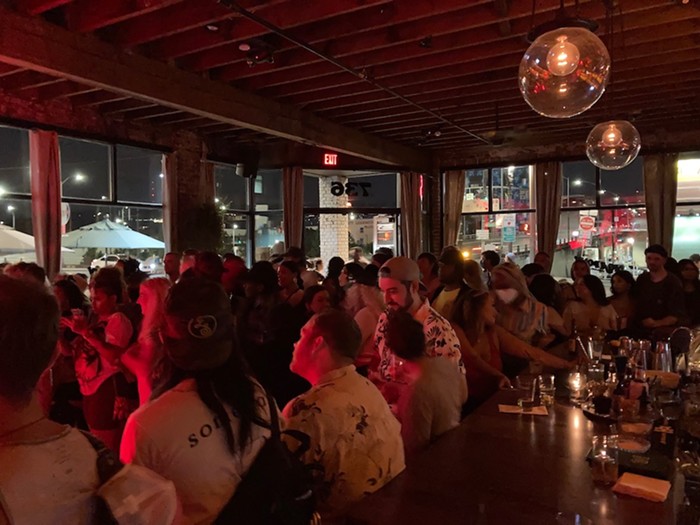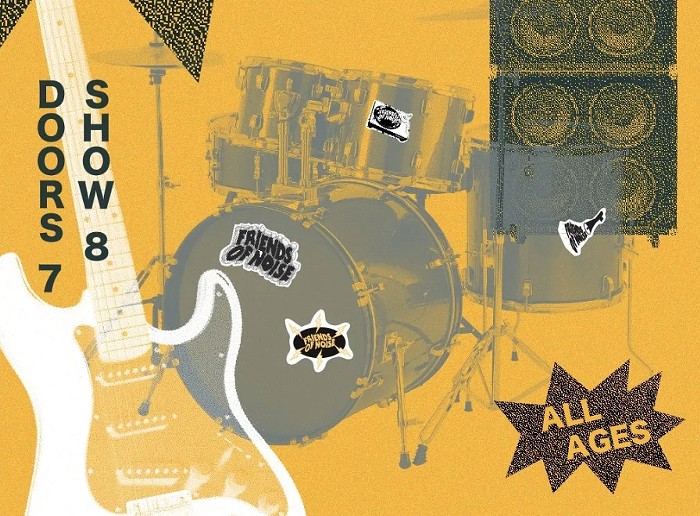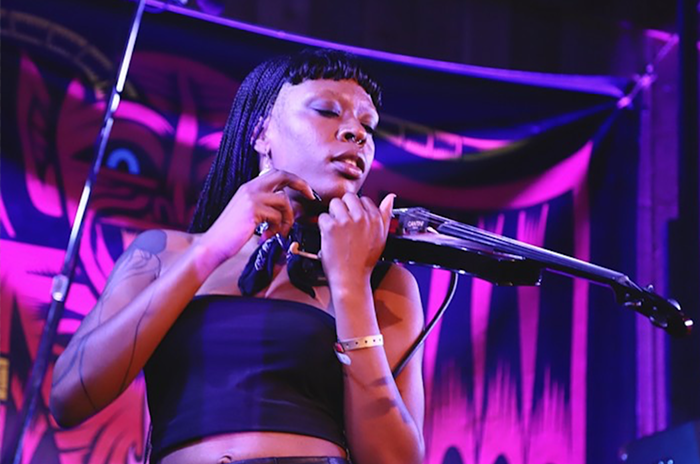As far as I'm concerned, commercial music as we know it is currently teetering on the cusp of collapsing entirely. The digital file, in all its iPod convenience and instant satisfaction glory, has done more damage to the actual product of music than anyone could have ever predicted. Beyond the generations who no longer associate music with something you actually purchase (any kid who grew up in the shadow of Napster, for example), music is now entrenched in a battle between two camps: the album vs. the single.
For an example of this, you need not look further than the cash cow that is hiphop. The only form of music that has a stranglehold on what today's kids listen to, watch, buy, and dress like—hiphop is king. It's also struggling. The entire genre has become little more than a factory of quick hits, a vehicle for pushing one (or two if you're lucky, or if you're Jay-Z) hit songs and then leaving the album sales to die on the vine. A recent peek at SoundScan shows that a slew of recently released hiphop heavy hitters are feeling the pain of slow album sales. From the Roots (148,000 sold) to Method Man (170,000) and even the crossover gods in OutKast, nearly everyone is affected; Idlewild, which has been out for close to three months, has yet to go gold.
Feel free to blame the kids and their damn illegal downloading, or maybe the fact that bling culture has gone stale and albums like Idlewild are completely lackluster and directionless. But really, it's a self-made shift, one that the record labels and the genre has set itself up for. It's an instant gratification world, where if you're lucky, success is a full 15 minutes of TRL fame and enough single sales to pay for your next video. In hiphop no one cares about track 11 on your album, especially when most consumer's hiphop investments are little more than the price of a 99-cent download from the iTunes store.
Meanwhile, there's the album. The longstanding, and long-suffering format which in recent times has been the victim of the waning patience of major labels and the lack of diversity on the radio airwaves. If hiphop is a product of the single hit, rock music—and more specifically, indierock—is still an album-centric world. How else can you explain newfound major label bands like the Decemberists being able to enjoy the creative control of releasing records with multiple songs over 11 minutes in length? While it's less than hiphop numbers, the nearly 80,000 units sold of The Crane Wife (the band's latest, and possibly best, album) in less than eight weeks shows that the album as a whole is still alive and well. Plus throw in the complete start-to-finish nature of healthy selling albums from the Shins to the Postal Service and you have signs of a genre and format of music that still has quite a bit of life in it.
The doomsday feel to all of this lies in the fact that kids (for the most part) are the ones who buy hiphop albums. As of last week on the Billboard Top 40—in which albums by generic jock-rock bands like Hinder hover around for over 41 weeks at a time—there is currently only one hiphop album (Ludacris' Release Therapy) that has hung around for over three weeks. With such a short span to generate sales, hinging all your bets on one single is resulting in fewer and fewer people actually buying your music. That's bad news for hiphop, and if you look at the bigger picture, it's bad news for music in general.


















